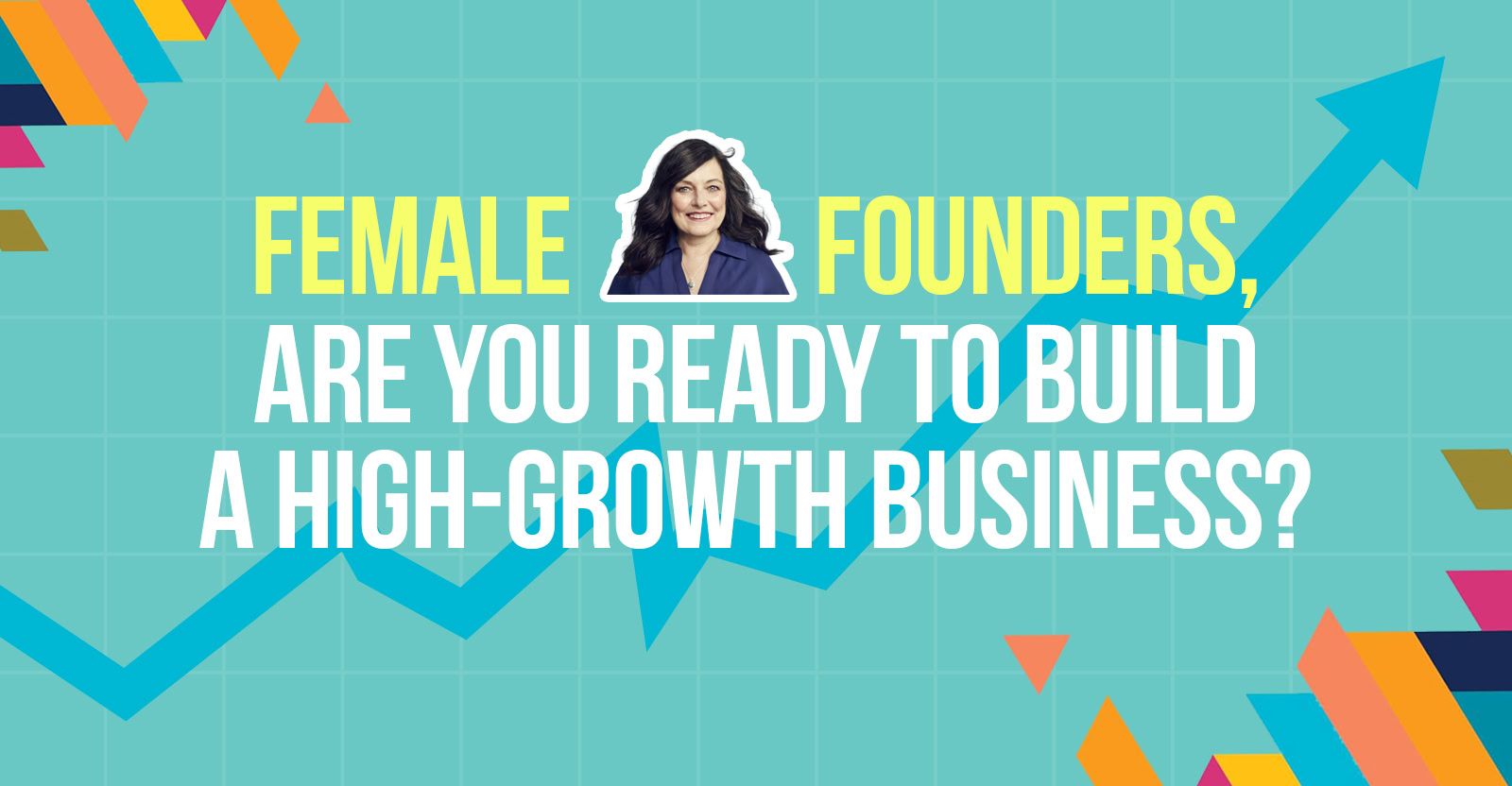Are You Ready To Build A High-Growth Business?
This chapter is an extract from Female Founders’ Playbook by Anne Boden ©2024 and is reproduced with permission from Kogan Page Ltd.
Are you ready to build a high-growth business?
If you realize that, yes, you are an entrepreneur at heart and accept that you have many advantages you hadn’t previously even considered, there is a decision to be made: Do you want to be an entrepreneur?
Are you truly passionate about building a business that could change everything and make the lives of your customers-to-be infinitely better?
This is a decision not to be taken lightly. Don’t be swayed by the potential for wealth and fame (if that is what motivates you). As outlined at the beginning of the chapter, the odds of failure are high.
It’s not the easiest path. This is the moment to consider what becoming a female founder will mean to you. Will you be happier if you embark on this journey?
When reflecting upon your motivations, there are a number of elements to consider. The first is timing. There is never a perfect time to start a high-growth business.
However, you do need to consider how it will impact your personal circumstances. This means your relationships, but it also refers to money.
It helps to have a little money behind you because you will need to eat and pay the bills while on this entrepreneurial adventure. But, and this may sound counter-intuitive, it is best not to have too much money.
There are entire industries devoted to relieving inexperienced entrepreneurs of their cash. It is very easy to spend money thinking it is helping you to make progress.
However, if you have very little spare, you’ll be much more likely to scrutinize every decision more carefully. Personal finances are an important consideration, but they shouldn’t be a deal breaker.
Consider, also, what else is going on in your life right now. Most entrepreneurs assume their business will be successful in a couple of years and they will exit in five years.
The reality is quite different. If it does succeed, and that is a big if, then it can take 10 years or more.
Rates of entrepreneurialism fall sharply among women after the age of 35, which means children must be a consideration for many potential female founders. In most cases, it is a joint decision to have a family, so partners play a role and, all being well, an equal one.
Indeed, as Sheryl Sandberg wrote in her book Lean In,
“I truly believe that the single most important career decision that a woman makes is whether she will have a life partner and who that partner is.”
Even with help, it will be challenging raising young children and growing a business.
Sophie Adelman, whose first child was six months old when she started with Multiverse, and who subsequently had another child three years into building the start-up, says conscious trade-offs need to be made.
Another concern is how the ecosystem around high-growth businesses views female founders who start families while scaling.
In particular, this means investors who are making the decisions about whether to back these firms. The world has, thankfully, moved on a long way and there are robust maternity protections for women in the workplace.
However, it has not been unheard of for investors to openly question female founders about their intentions when it comes to children, or their decision to have them. This somehow manages to slip through a loophole in the law.
While the Financial Conduct Authority regulates investors, there is no employment contract between the various parties, so discriminatory comments can slip through with little recourse.
Fortunately, this is becoming rarer and the majority of VCs take a more enlightened approach. Again, awareness and open discussion are key.
For a high-growth business to have a chance of success, the timing has to be right in both the market itself and from a personal point of view.
Once female founders feel they have the right idea, they can do themselves some favours by pausing to validate that they are personally ready.
The final motivation is closely linked to the subject of the next chapter, and that is the business you want to create.
Is your idea driven by a sense of mission and purpose, a desire to make the world a better place? Or do you just want to be your own boss?
The former is a much stronger reason to start a high-growth business, and the passion for it will sustain you through the tough times.
When I set up Starling Bank, I wanted to start a business that had a huge impact and was going to break boundaries. I didn’t think about the personal benefits.
In this chapter, we’ve talked a lot about the positive qualities, even superpowers, that might make you a perfect entrepreneur. But, if you know yourself well, you will understand that you do have some personality traits that can also hold you back.
You might be averse to uncertainty, or dislike change. You may even be a perfectionist. How will these characteristics impact your journey to create a high-growth business?
If you consider all of this and still have a burning desire to build a high-growth business, that’s great news.
Now, you just need to get on with it.
To read the full book, SEJ readers have an exclusive 25% discount code and free shipping to the US and UK. Use promo code SEJ25 at koganpage.com here.
More resources:
Featured Image: Paulo Bobita/Search Engine Journal

